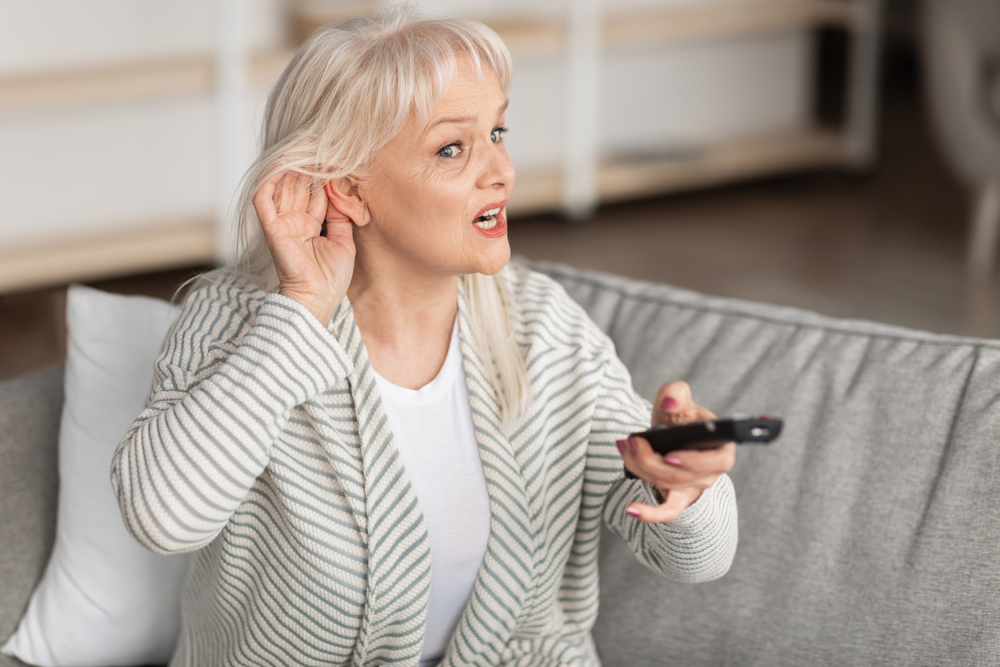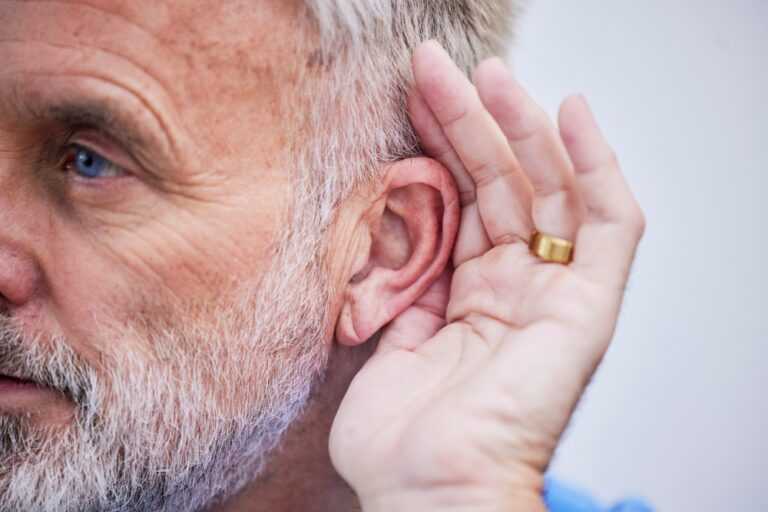Hearing loss is a common concern in later life, affecting many aspects of daily living and overall quality of life for seniors. As we age, our hearing naturally begins to decline, a process that can be accelerated by various factors. Understanding the prevention and management of hearing loss is crucial for seniors to maintain communication, social connections, and independence.
The first step in addressing hearing loss is acknowledging its prevalence and impact. Hearing loss in seniors, medically known as presbycusis, often occurs gradually, affecting the ability to hear higher frequencies initially. It can lead to difficulties in understanding speech, especially in noisy environments, and may contribute to a sense of isolation and frustration.
Prevention plays a key role in managing hearing health. Protecting ears from loud noises is crucial; prolonged exposure to high decibel levels can damage the delicate structures in the inner ear. Using ear protection in noisy environments and keeping the volume down on personal audio devices are simple yet effective strategies.
Regular hearing check-ups are important, especially for those over the age of 60. These exams can help detect hearing loss early, enabling timely intervention. Audiologists can conduct various tests to assess hearing and recommend appropriate steps.
Modern hearing aids have revolutionized the management of hearing loss. These devices are more discreet and more efficient than ever, offering a means to significantly improve hearing and quality of life. Seniors should be encouraged to explore these options without stigma, as hearing aids can greatly enhance communication and social interaction.

Assistive listening devices and technologies can also be helpful. These include amplified phones, specialized alarm clocks, and TV listening systems. Many public venues now offer hearing loop systems, which transmit audio directly to hearing aids, making it easier to hear in places like theaters, churches, and meeting rooms.
Lifestyle adjustments can further aid in managing hearing loss. This includes choosing seating positions that facilitate easier hearing in social situations, such as facing away from noise sources in restaurants. Being open with friends and family about hearing difficulties can also lead to more supportive communication.
In addition to technology and lifestyle adjustments, rehabilitation therapies can be beneficial. Speech-reading (lip-reading) and auditory training can improve the ability to interpret sounds and understand speech.
Nutrition and overall health also play a role in hearing health. Studies suggest that a diet rich in vitamins and minerals can support ear health. Regular exercise, which improves blood circulation, may also contribute to the health of the auditory system.
Mental health is another important consideration. Hearing loss can lead to feelings of isolation and depression. Seeking support from family, friends, and support groups can alleviate these feelings. Mental health professionals can also provide strategies to cope with the changes and challenges brought by hearing loss.

In conclusion, hearing loss in seniors requires a comprehensive approach that includes prevention, regular check-ups, utilization of hearing aids and assistive devices, lifestyle adjustments, and support for mental well-being. By proactively managing hearing health, seniors can continue to engage fully with the world around them, enjoying social interactions and maintaining their quality of life.

